Microlino & Artega settle out of court
The dispute between Micro Mobility Systems and Artega about the Microlino clone Karo has been settled out of court. Micro Mobility now wants to bring the Microlino into series production in 2021 – with a new production and development partner.
According to the out-of-court agreement, which was apparently reached as early as the end of November 2019 and has now been announced by both companies, Micro Mobility will allow Artega to launch the Karo, the electric cabin scooter based on the Microlino. In return, Micro will develop its Microlino to production maturity together with the Italian company CECOMP.
“We are glad to finally be able to put this chapter behind us and to now focus fully on our vision of this new vehicle category between motorcycle and car”, says Micro Mobility Systems company founder and kickboard pioneer Wim Ouboter. His son Oliver Ouboter adds that both sides have agreed not to publish any details of the dissolution. Klaus Frers, Managing Director of Artega GmbH explained, “The market is big enough for two suppliers and we are working on bringing our city car with the Artega DNA onto the market, which is closely based on the historical model of the Isetta.”
Originally, Micro Mobility Systems had granted the rights for development and production of the Microlino to the Italian manufacturer Tazzari. In December 2018, the German sports car manufacturer Artega took over all rights for the production of the Swiss electric city runabout from Tazzari – at that time it was said that in the future the Microlino would be produced in the NRW city of Delbrück. In May 2019, the disagreement between Micro Mobility and Artega became public when Artega managing director Klaus Frers announced that the Karolino would be a direct competitor to the Microlino. According to Frers, this was a sister model that had been improved in more than 150 points.
Micro Mobility Systems saw the model as a “copy of the Microlino”, which “naturally does not work between partners”. Even before the Karolino was to celebrate its premiere at the IAA in September, the Swiss company obtained an advertising ban for the Artega Karolino. The German company nevertheless exhibited the car – under the new name Karo.
Now the conflict has been settled, allowing both companies to continue to promote their own models. Artega has been keeping its finger on the pulse: Only a few hours after the agreement was announced in a press release, Artega sent another announcement directly afterwards with further dates and prices for the Karo.
In this press release, the company refers to the car as the KARO-Isetta. The model is to bear this epithet now that the heirs of the ISO-Isetta inventor Ermenegildo Preti have given their okay. The KARO-Isetta is said to have a speed of up to 90 km/h and a range of up to 200 kilometres. Orders are accepted immediately, the first vehicles are to be delivered in April 2020. Parallel to direct sales via Artega, the company wants to build up a “worldwide sales and service network”, according to its own statements.
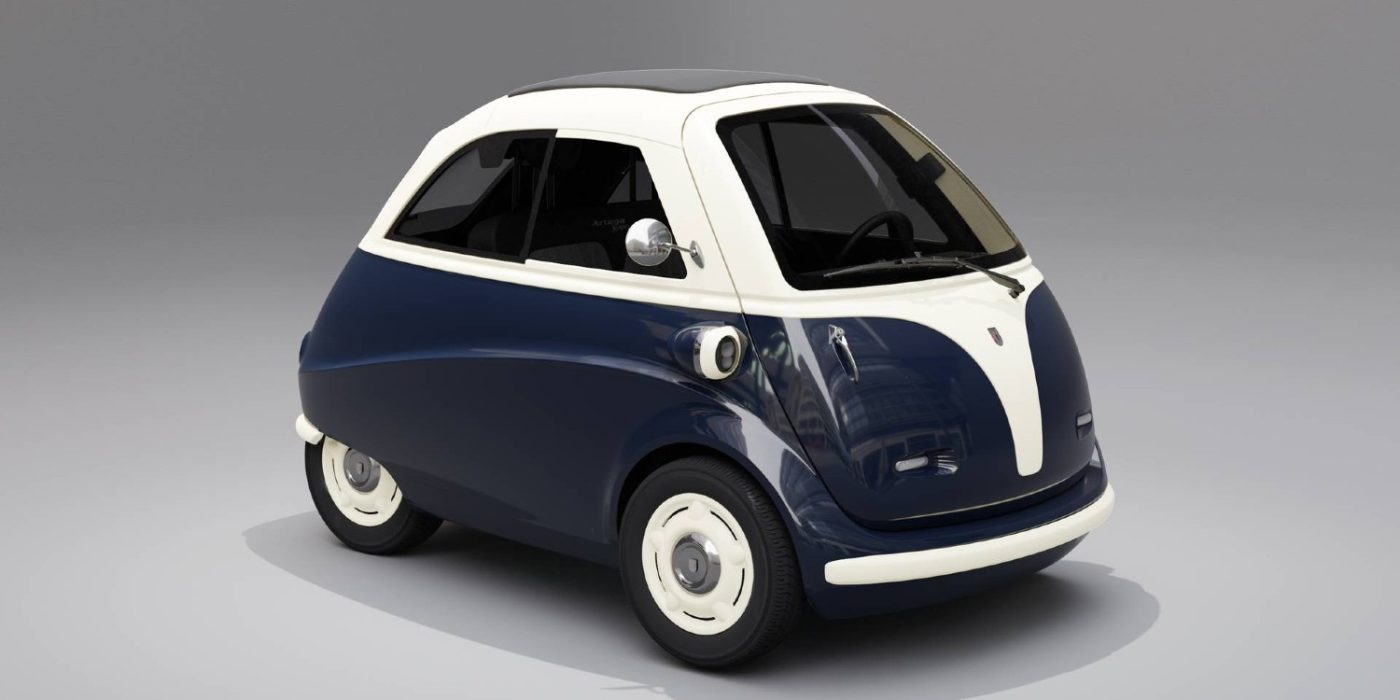
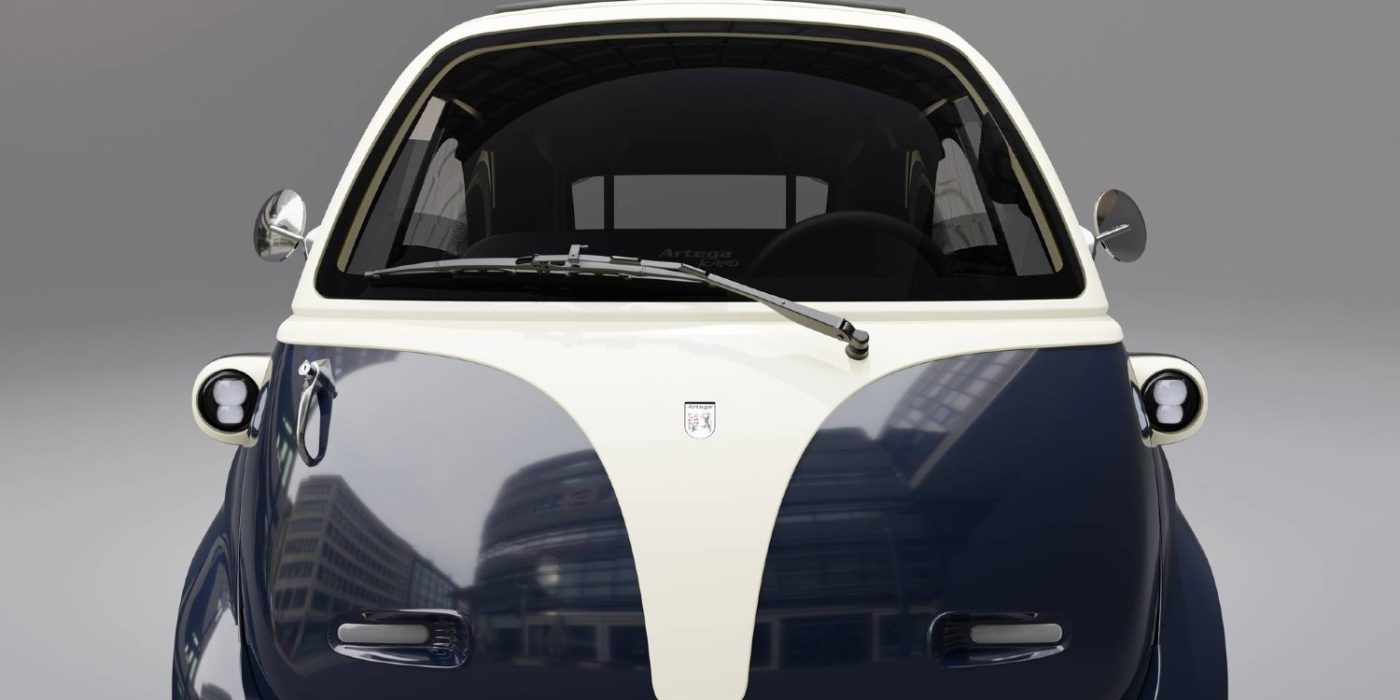
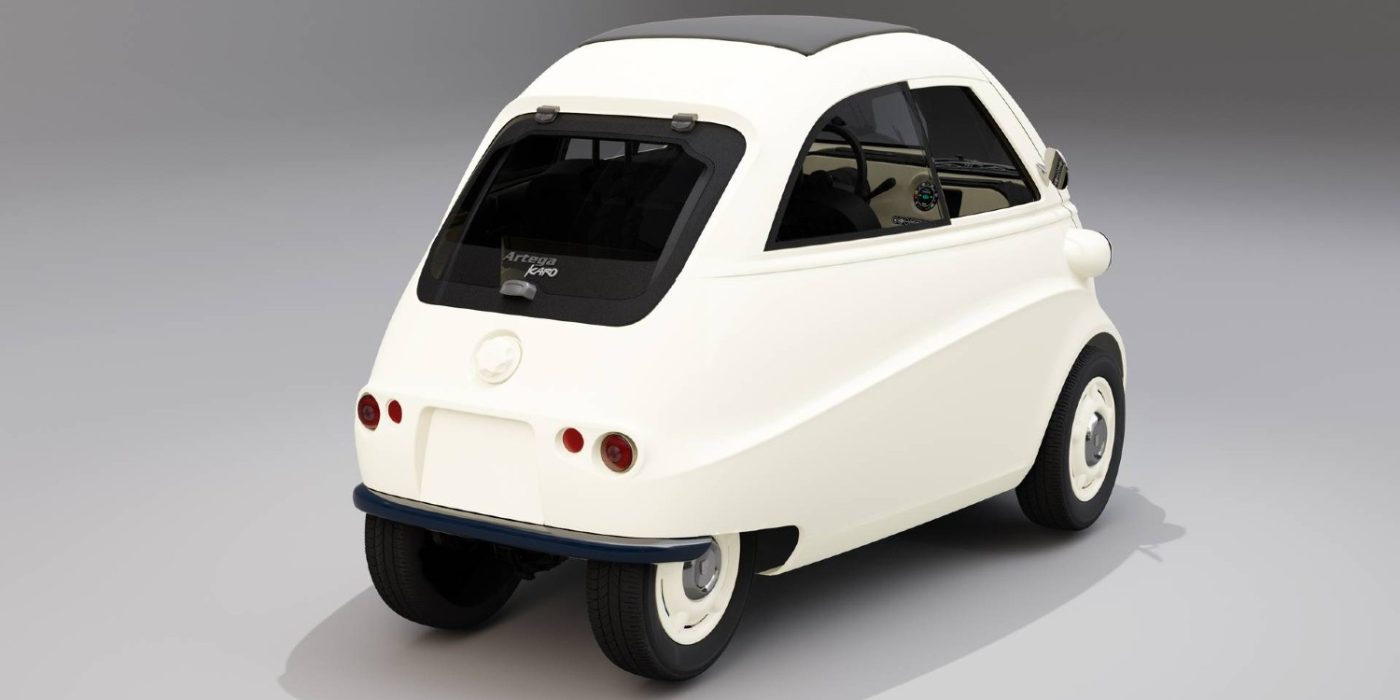
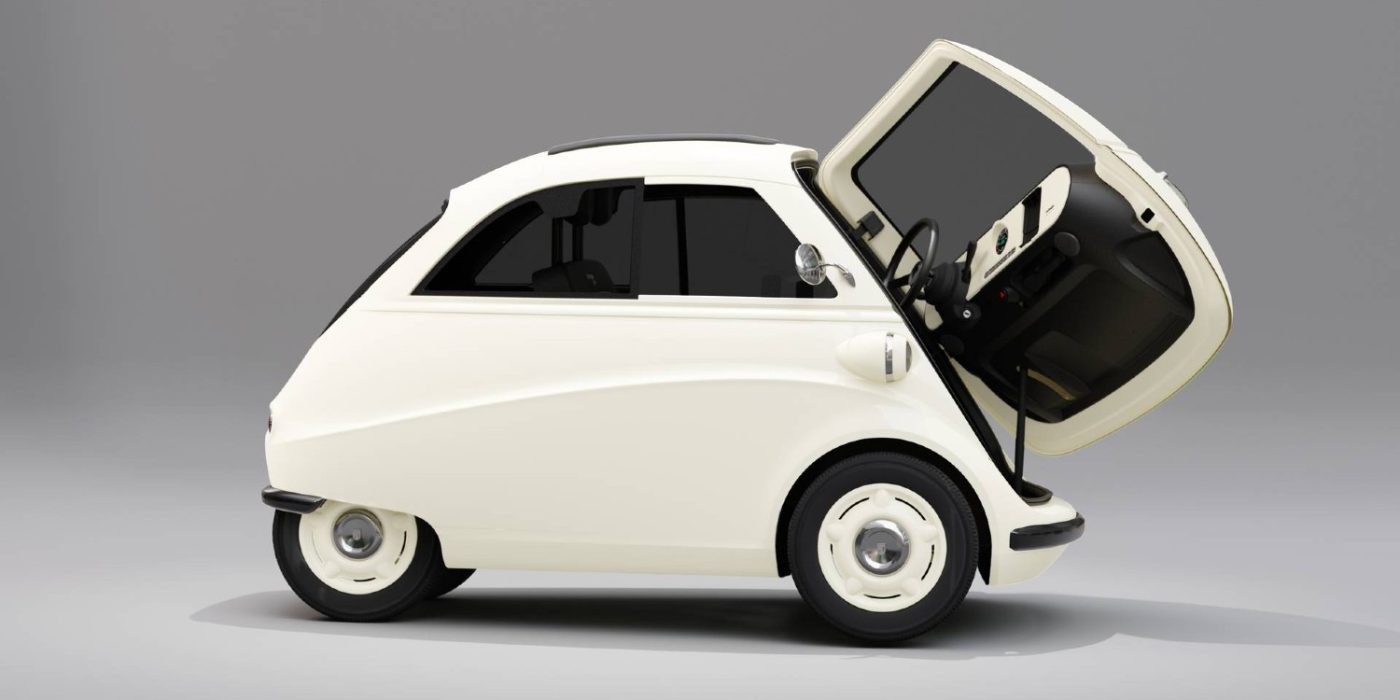
Artega has not provided further technical data in the press release. But some details about the production: The steel chassis is manufactured by Artega itself, further components and the battery are supplied by the automotive supplier Paragon or its subsidiary Voltabox. This is hardly surprising as Artega boss Frers is also involved in these two companies. Initially, the car will be offered in two versions, ‘Intro’ series as limited edition and the ‘Edition’ version. Artega did not go into technical differences, but the Intro series is to have a signature and individual numbering. The limited Intro costs 18,500 euros plus VAT. (21,995 euros gross in Germany), the Edition will be available from 15,122 euros plus VAT. (17,995 euros gross in Germany).
While Artega is producing their microcar themselves, Micro Mobility has teamed up with the Italian company CECOMP. CECOMP was founded in 1978 and has been active in model and prototype construction since then – formerly, among others, for the Lancia Delta Integrale and Golf I, and later CECOMP developed and produced the Bluecar electric small car, which was used in the Parisian electric car-sharing Autolib. CECOMP, now managed by the two sons of the founder, has five production sites in Europe.
With the Bluecar, the new partner, therefore, has significant electrical experience. Peter Müller, who was appointed CTO in September, will also help Micro Mobility with the development. Müller has been a board member at BMW, Porsche and other companies in the automotive and motorcycle industry – for example, with the dispute partner Artega, but also the Chinese car manufacturer Chery.
Micro Mobility boss Wim Ouboter explains that the start of production now scheduled for 2021 is due to a backlog in development – there have been some delays due to the legal dispute. “Intensive testing of our 22 pre-series vehicles has shown that the current state of development does not yet meet our requirements in terms of handling, quality and safety and that we will have to make some technical changes,” said Ouboter.
The Swiss company says it has over 16,000 reservations for the Microlino. The future production model, internally called “Microlino 2.0” according to Merlin Ouboter, is expected to have “improved handling, ergonomics and reparability by a world’s measure” and also be “capable of being produced in high volumes”. We are curious to see how the duel between the two electric miniature cars will continue.
Source: via email, insideevs.com

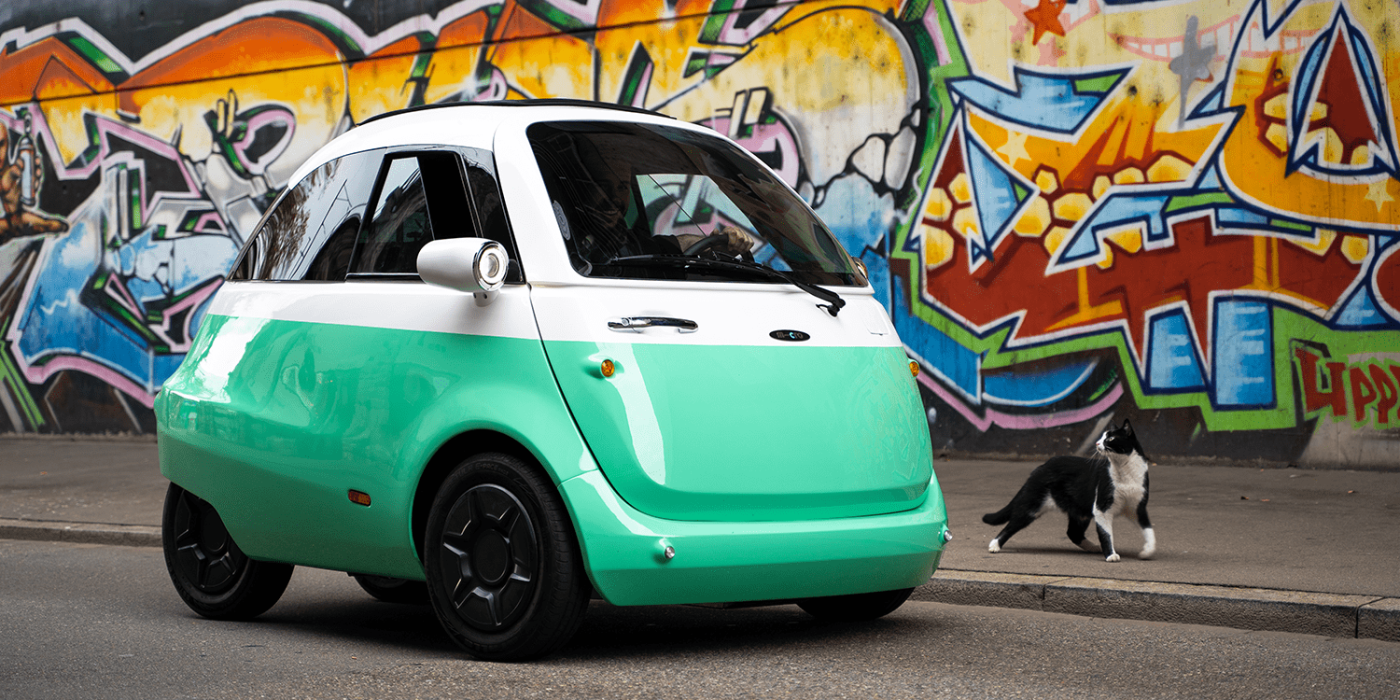

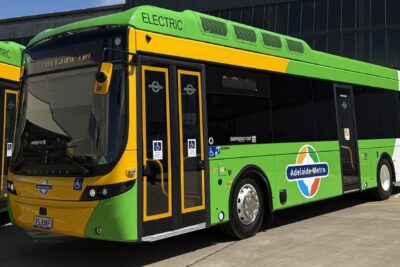
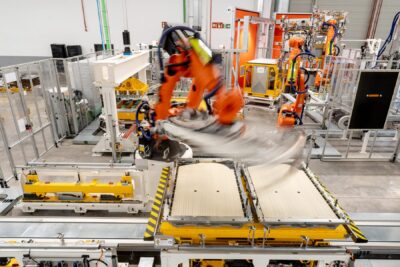
2 Comments